These Stories About The Effects That Religion Has Had On People's Mental Health Are As Eye-Opening As They Are Heartbreaking
Many people who grow up in a religious household end up leaving their faith behind as they get older. For a lot of us, the things we were taught as children just don't continue to serve us into adulthood.
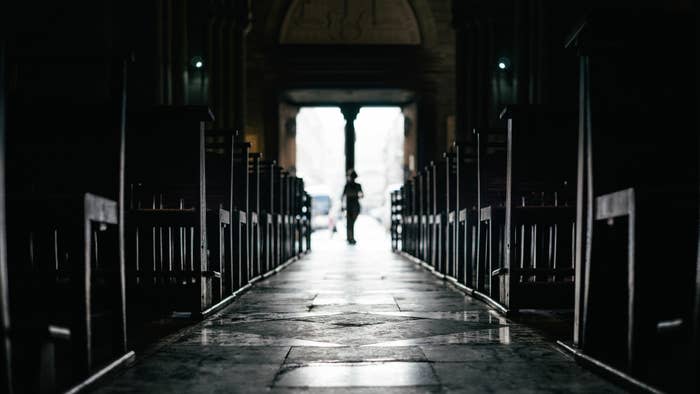
But even though the healthiest choice for some is to move on from those teachings, they can be so ingrained in us that we're left feeling guilty about behaviors that are actually very normal, and our mental health can be impacted in small and large ways.
I am not saying that all religion is bad, but I do think it's important to talk about the ways it negatively impacted us so we can find ways to heal.
That's why I asked the BuzzFeed Community to share their stories about the things they still struggle with after leaving organized religion and how it's impacted their mental health. Here's what they had to say:
1."Speaking up to men. I grew up going to a very conservative Christian school, and never saw a woman pray or speak on religious matters in mixed company until I left. Even our Bible classes were separate, so the boys could learn about theology and leadership, while the girls made scrapbooks about their 'dream weddings.'"
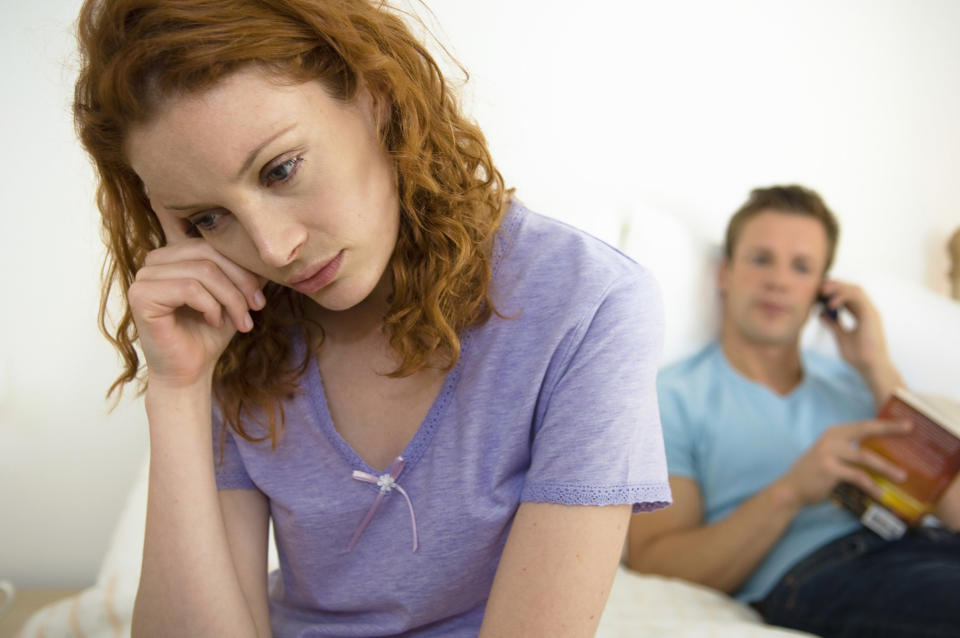
"I was taught men led the household in every aspect, and that it was the woman’s job to be 'the helper.' So now I feel self-conscious when I assert myself in front of men, and that I am 'undermining' my partner when I am bold around him (even though he has never even insinuated such a thing). I catch myself apologizing for being 'too much' too often, when I know I shouldn’t even compare myself to others, I should just be my strong and bold self!"
2."I was taught that if you love anything more than God, he would take it away from you as a lesson. This literally taught me and others to have anxious attachment and to not fully love people because then they would be taken away from you somehow."
—Anonymous
3."Sex. I don't believe in god anymore but I involuntarily feel dirty every time I have sex."
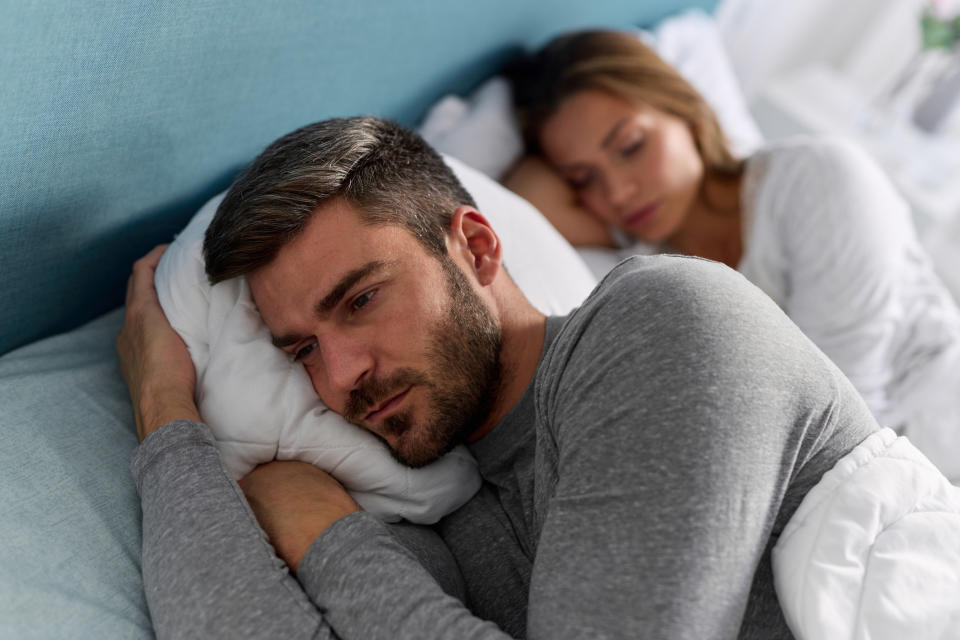
—nothingtoseeherejustcheesecake
"I used to believe sex was wrong, and somehow I connected this with religion, and I had a lot of trauma to heal around that for a while.
However, I went on to find out that it’s NOT true that 'religion says sex is wrong.' Coming to faith after a personal journey, I was able to understand and make sense of why premarital relations are discouraged, which is a huge difference. I now have healthy boundaries around sex and couldn’t be happier in my faith!"
"What WASN’T 'bad?' I was taught that sex was wrong to the point where when I had my first sexual encounter, I was so overcome with guilt I became physically sick and almost vomited."
"I’m 35 years old, single, never married, and still a virgin. There have been multiple opportunities to have sex, I’m curious about sex, and I think I want to have sex, but I haven’t met the right person/I feel immensely guilty whenever I think about acting on it. 'Purity culture' really messed up my head growing up, and I’m not sure if I’ll ever be able to get over it."
— Anonymous
4."Trusting my body’s cues. The church I belonged to taught that physical bodies were earthly and therefore controlled by Satan. You couldn’t trust your body’s signals that you were hungry, it might be the devil trying to tempt you into gluttony."
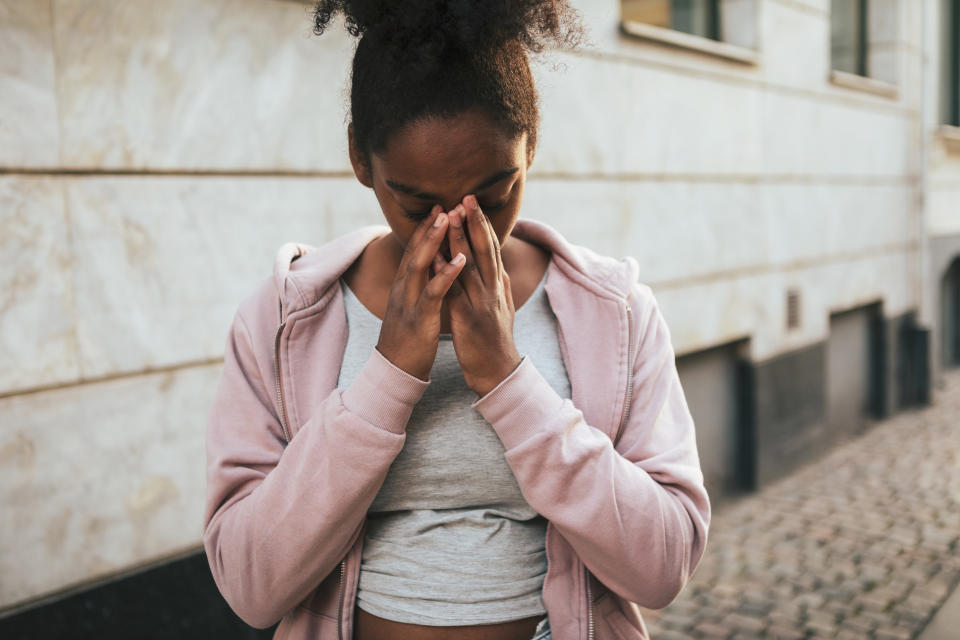
"So you had to pray and be in touch with god to make sure you knew for sure. Same thing with wanting sex, sleep — anything your body does. I still really struggle to be connected with my body and am working really hard in therapy to trust myself."
— Anonymous
5."Standing up for myself. I was bullied pretty hard in elementary and middle school, including getting beaten up on a regular basis. One time, I came home after being physically dumped off my bike and then kicked repeatedly. I asked for help from my parents, but they told me that Jesus said to turn the other cheek."
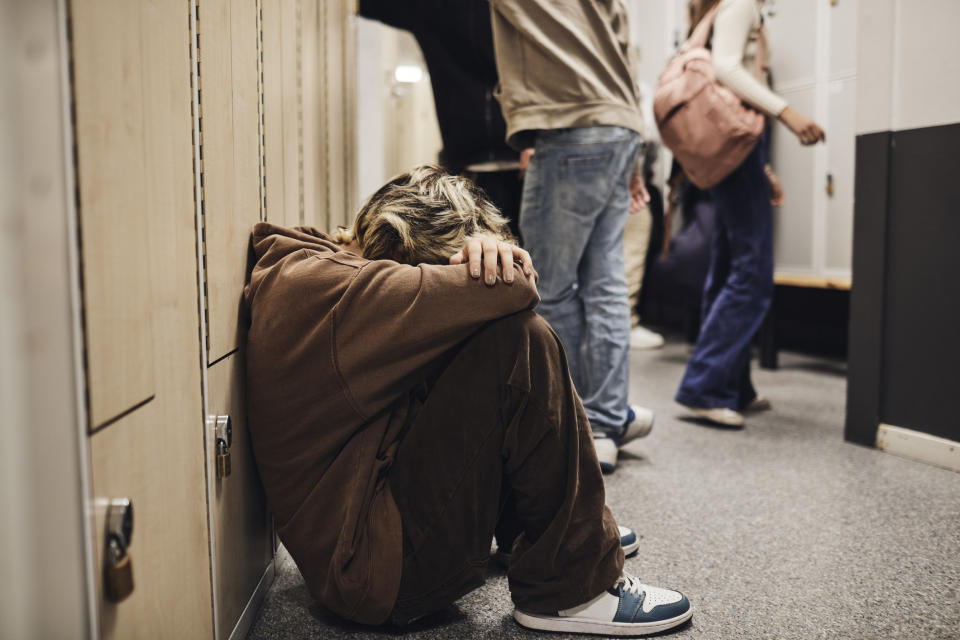
"So any time I was beaten up, that's what I should do. I was specifically told I was not allowed to fight back because Jesus didn't want me to. They also told me that, 'Kids don't just do that to each other, you must have done something to deserve it.' So yeah, it's really hard to stand up for myself after being told from ages 5-20 that I deserve to be mistreated by my peers."
— Anonymous
"Turn the other cheek — that all problems can be solved by loving more. These teachings caused me to be abused and think it was my fault for not forgiving and being accepting. 'Honor thy parents' — even when they're toxic."
— Anonymous
6."Hugging the opposite gender; wearing clothes that show my shoulders or thighs; wearing anything more than mascara and lip balm. Essentially all the things I was taught to do or not do as a woman so that I didn't risk tempting my 'brothers' to sin."
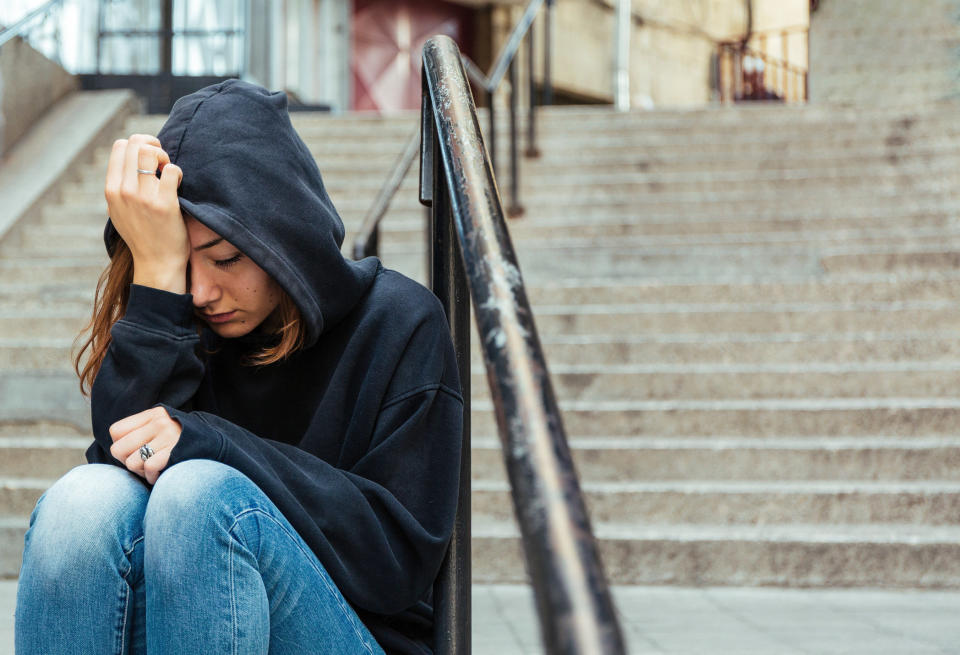
—Anonymous
"I still struggle with guilt around my body/clothes. It got to the point that in middle school I just wore big sweatshirts and loose jeans every single day. Now, I love cropped shirts and leggings, but sometimes I still feel that twinge of guilt when I wear them."
7."Being Jewish is about observance and doing things that will help while you’re alive. My parents were observant but not restrictively so. They kept a kosher house, and we couldn’t 'mix milk and meat.' We went to synagogue on the holidays, but that was basically it."
"The less-good aspects of being brought up in a Jewish home was the guilt. If I wanted to do something that might be contrary to my family’s convictions, I wouldn’t have a good time because I felt I was betraying them.
There was also a lot of, 'Your Nana didn’t get [insert disease] in steerage just for you to behave this way!' You know — 'kvetching.' A lot of fear about 'being taken away' or catching an incurable disease."
8."I was in my 30s and married for years, but I was still so anxious to tell my mom I was pregnant, because it would mean admitting that I had sex. (Even though we needed fertility treatments and didn't actually have sex to conceive.)"
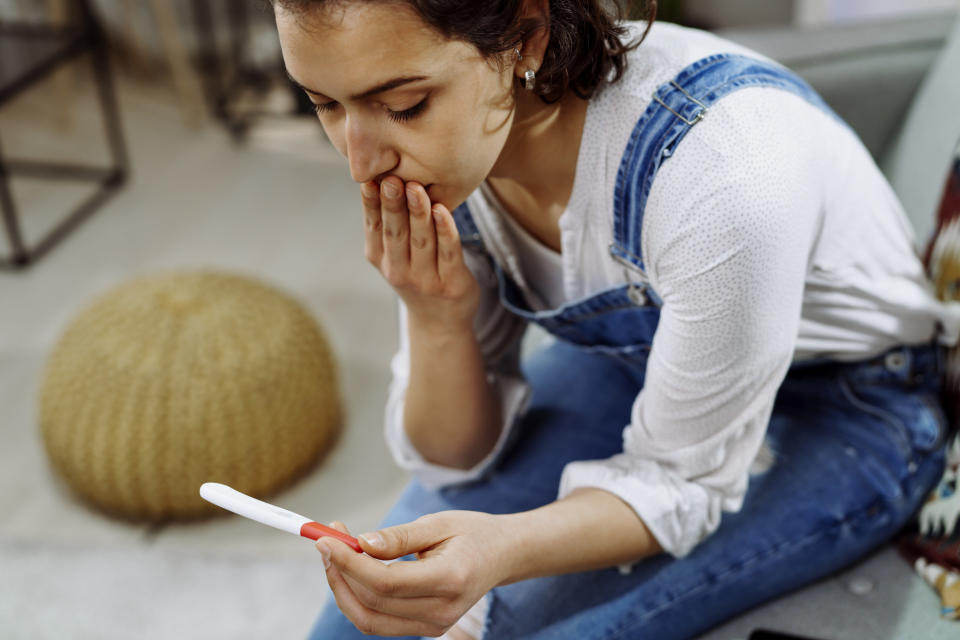
—Anonymous
9."I grew up conservative, religious, and homeschooled, so my family and my religion were my everything. I’m queer but not out to my family because I am terrified of their reaction, and I still struggle with not feeling guilty or sinful for that. I have other family members who are out, and my parents tolerate it so long as it’s not a topic of conversation or something they have to deal with in person, so I know they would be really unhappy if I told them."
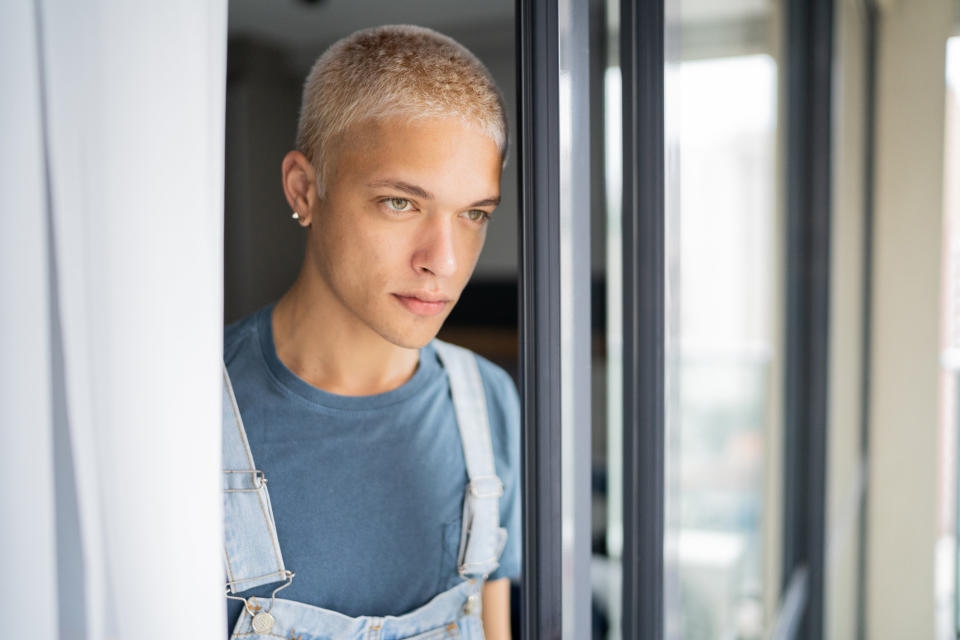
"I know I should just tell them and move on if they don’t want to be part of my life, but then I end up feeling guilty because I know that it would hurt them. I'm also aware that it would affect how my parents' community thinks about them and our family. It’s a circle of guilt. Conservative Christianity’s currency is guilt — that’s how they keep you in line and keep you quiet; they weaponize it. It’s hard to get past that, even though it’s been almost 10 years."
"I used to feel guilty about this or that when I was religious. But even when I realized I was gay, I knew it wasn’t a choice, it was how god made me. And once I realized religion was something people either used to try to understand life, or to control people, all my guilt melted away. I believe I’m a good person. Not because I’m afraid of hell or want to please a deity, but because I know right from wrong, and have empathy for other people. Losing my religion was one of the best things that ever happened to me."
"I’m sure this is a common story, but I struggled to be myself. I am non-binary, but I was assigned female at birth. It's getting easier, but I have a lot of issues presenting in an affirming, masculine manner, and holding hands with my AFAB partner in public is so difficult because in my head we are a lesbian couple (even though we’re not). I spent so many weeks in sermons being told that’s sinful and wrong and 'gays will burn.' And don’t even get me started on being trans; that was worse than being gay in the eyes of the church. My therapist has a field day with me every week!"
— Anonymous
10."I grew up Hindu and was taught that we should never touch books or paper with our feet because they represent knowledge, and touching them with our feet is a sign of disrespect. If you accidentally do touch books with your feet, you're supposed to touch it to your forehead to counteract the 'sin.' I don't follow any other religious rules or believe in any other superstitions, but I still immediately touch a book to my head if someone touches it with their feet."
—Anonymous
11."Drinking — whether it’s alcohol or coffee. I grew up Mormon so caffeine was something that was against the religion. My grandma is still very religious and tells me that caffeine is bad and that I shouldn’t drink it. Alcohol as well."
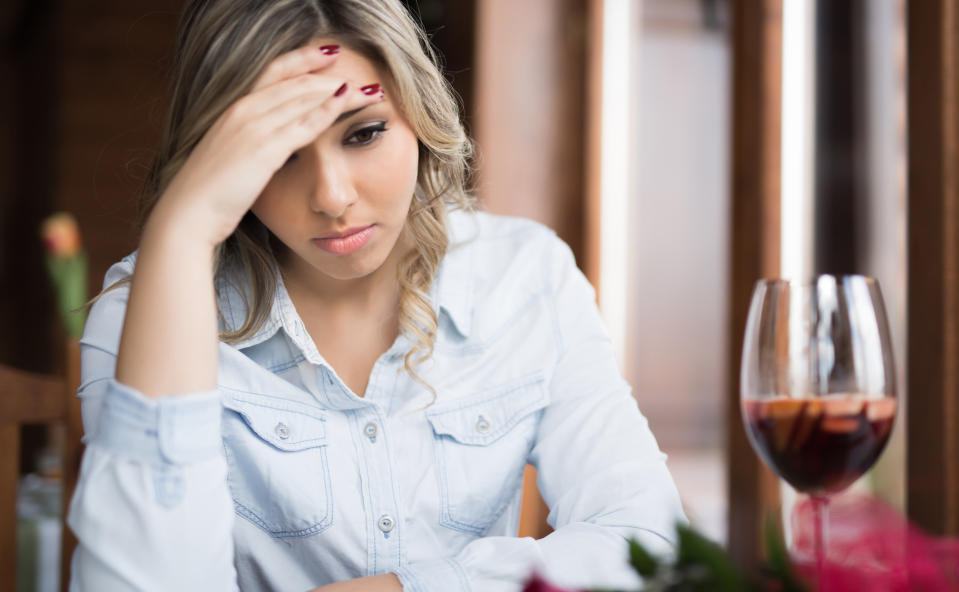
"I’m almost 22 and I’ve had a glass of alcohol a couple of times, but there’s always a thought in my head that tells me I shouldn’t be drinking it. I’m nowhere near religious anymore, but I still feel guilty if I don’t do certain things."
12."I grew up heavily involved in a Southern Baptist church. I was viewed as the 'perfect Christian girl' and was doted on by older members of the church. I felt very loved by my 'church family' as a child, but as I got older I began to understand that that love was contingent on me sticking to their very rigid beliefs of right and wrong and gender roles."
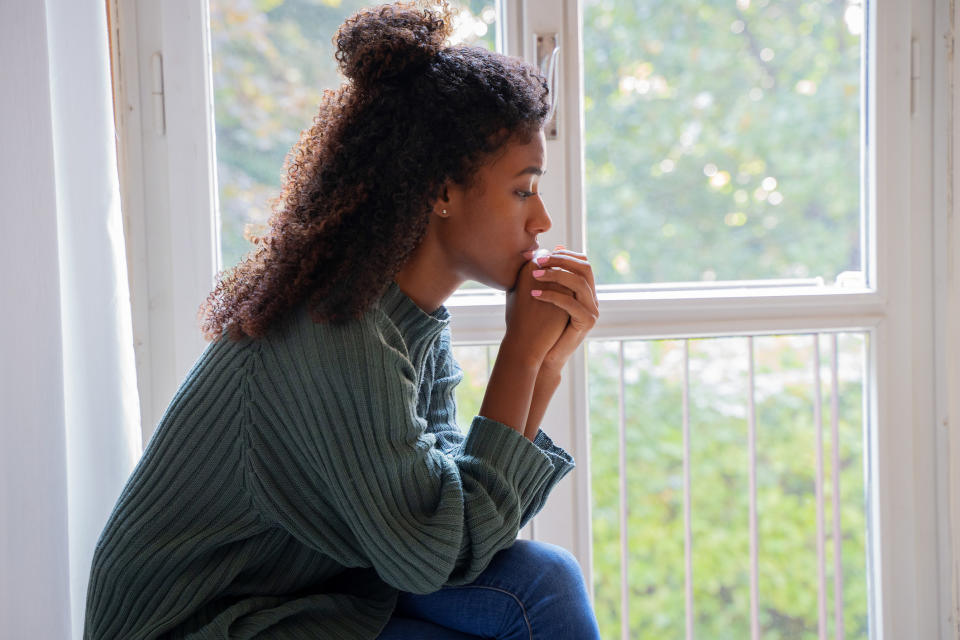
"I began to feel suffocated under their expectations and developed severe social anxiety. I have since managed to form my own beliefs and have rejected many of the things that I learned in church. I am proud of the fact that I have become an independent and self-sufficient woman. But because of my upbringing, I have intense anxiety when I make a decision that does not match the morality I was taught, even when I know I am doing the right thing. I haven’t been back to that church in over 6 years. It is very hard to reconcile the many happy memories of growing up there and the long-term damage to my mental health and self esteem."
"The thing I struggle with most is literally self-love. Ex-evangelical here, raised to believe from birth that I was sin incarnate, and that having any self-esteem or self-love was sinful and wrong. I’m 42-years-old and I still struggle every day to love myself without guilt or shame."
— Anonymous
13."I grew up Mormon. For me, I was taught not to let anyone touch my 'private square' (where the garments would cover.) It was a mind-fuck to go into the temple unmarried, not able to be intimate, have sex, do things that could lead to sex etc. Then you exit the temple, married and suddenly everything is okay?"
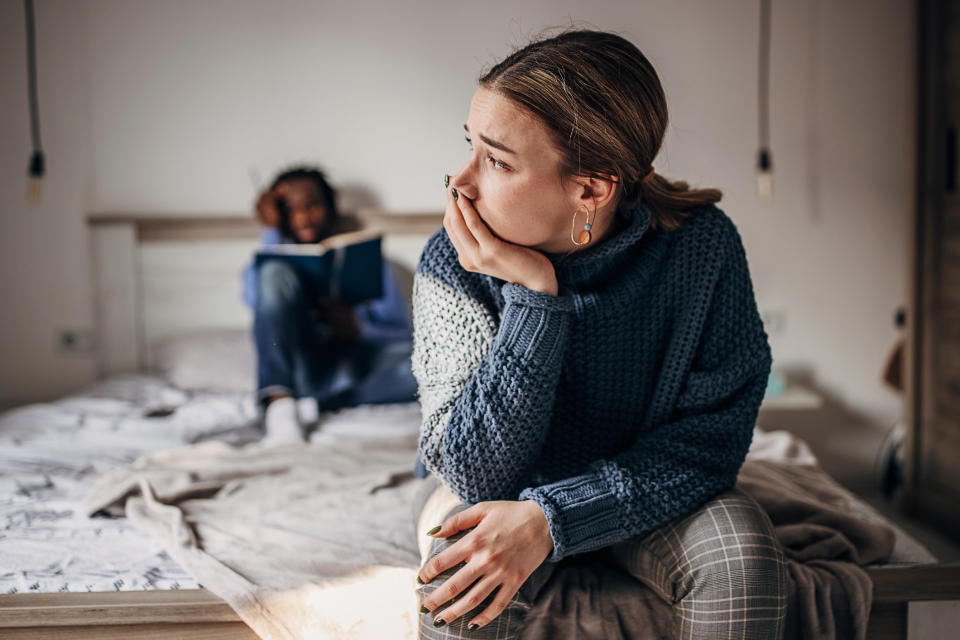
"To this day I still feel weird about my husband touching me, thinking I'm doing something wrong, and I've been married for five years. It's toxic and I'm unlearning a lot of it. I've enjoyed life a lot more since leaving that toxic religion."
14."When I first masturbated it felt amazing, so I kept doing it. Then I learned that it was a sin, which triggered my guilt and paranoia. Not knowing that body exploration was normal, I was petrified. I used to count my sins up for the day to make sure I wasn’t going to Hell. Each time I did masturbate, I would convince myself I was addicted to it and needed help. I would look up ways to 'tame my urges' because it was a sin and against my religion."
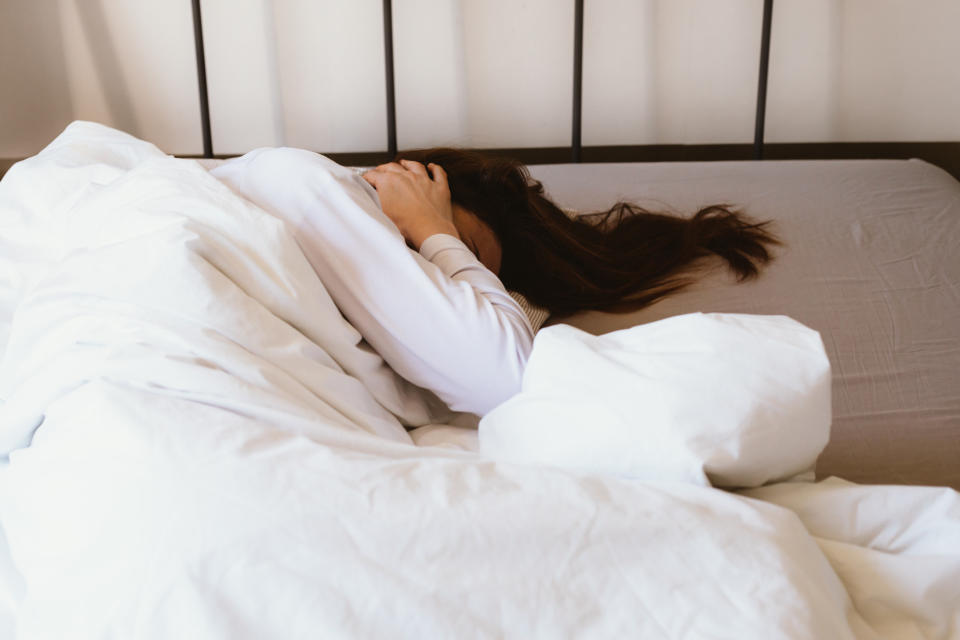
"I had so much guilt and shame around an act that was completely normal for most people. It wasn’t ruining my life. I was a normal girl wanting to know my body. I’m 27 and I still feel bad after I masturbate, and I’m not even religious anymore.
However, I just tell myself this: I was called a sinner every day, so I might as well do what I want and be happy. It has helped me deal with some of my choices in the past, but that religious voice is still in the back of my mind telling me I’m going to Hell for being a sinner."
15."I grew up in a Christian household. My views on certain things did not match with my parents or the church. LGBTQ+ issues and mental health, for instance, were not accepted. It was the type of place where if you had an anxiety attack, you were just supposed to pray through it. But as someone who was recently diagnosed with a slew of mental health issues, that was not helpful at all. I'm glad I'm not going back."
16."I was raised strict Southern Baptist in the Bible Belt. I was taught that God will punish or reward for all thoughts/actions, which led me to develop very rigid 'if/then' thinking. For instance, I just recently starting taking an active interest in how my hair looks. Last month, I was diagnosed with a rare form of alopecia. My first thought was, 'This is God’s way of telling me I shouldn’t have been so vain.'"
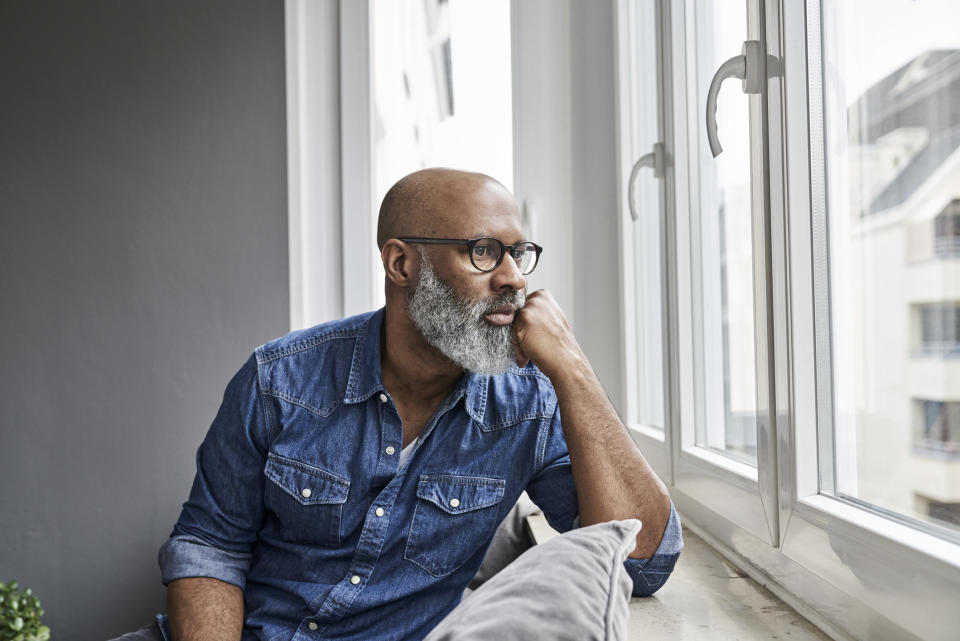
"Another example was that I was always envious of the kids who had asthma and got to skip gym class (because of a vision problem that was undiagnosed in my childhood, I was extremely uncoordinated). When I was 19 I developed asthma. My religion taught me that was what I deserved."
— Anonymomus
17."Getting tattoos! I grew up Catholic and was always told tattoos were bad and you'd never want to get a tattoo because what if someone saw it in your wedding dress? To this day I still struggle with this. All the tattoos I have are in a spot where they're hidden by a long dress. Even now, if I see a photo of myself where one of my tattoos is visible, I second guess the whole tattoo, thinking it makes me look unattractive or that it just shouldn't be there."
—Anonymous
18."Growing up in a fundamentalist Baptist church I absorbed the message that any one 'sin' meant I would be cast out of the flock and damned to hell. In particular, this created so much anxiety about anyone ever becoming mad at me because I interpreted this as sinning."
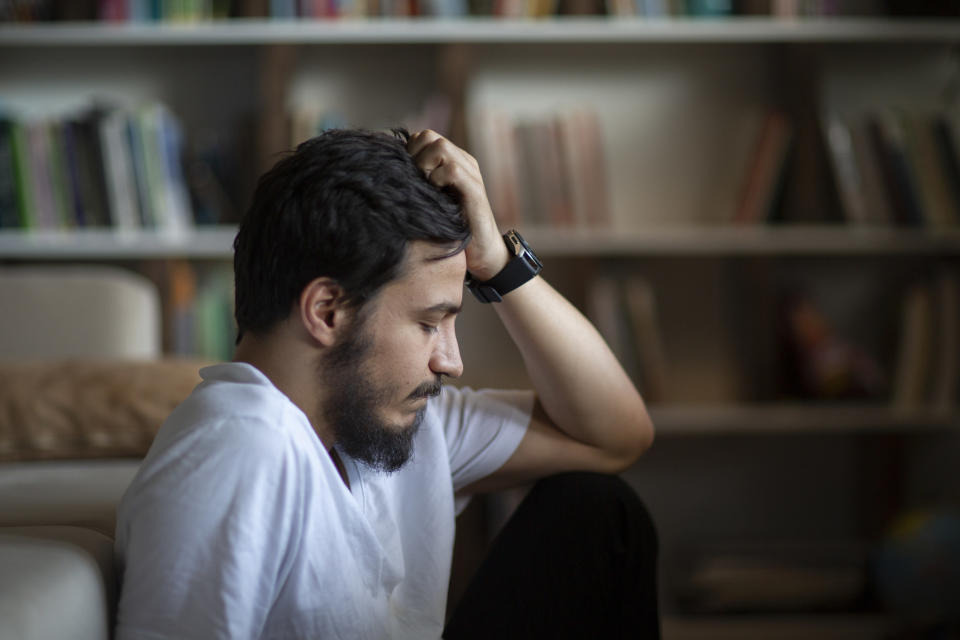
"I turned into a people pleaser and repressed all of my own emotions to the detriment of many relationships. More then a decade after leaving that church behind I'm still in therapy dissecting how this framework of religious trauma paralyzed me and destroyed many relationships as I would abandon them completely rather then communicate about hurt in the relationship. To this day I panic anytime I have to have any sort of confrontation in my life."
— Anonymous
19."Celebrating just about anything. Christmas was the worst and I still to this day don't celebrate it. Once our single mom got remarried to a very religious man, we were not allowed to show joy over giving or receiving presents, since it 'took away from Jesus's Birthday.' We got a birthday cake for him each year."

"Eventually presents became new socks or a bible so it would be easier for us to not get excited. Easter eggs? No way could we allow such pagan symbols anymore. Birthdays? Your gift is a bible verse reinforcing that you are forgiven. Forgiven. Yeah that was the gift I always got but never gave."
—Anonymous

